VIJAY PRASHAD examines why in 2018 Washington started to take an increasingly belligerent stance towards ‘near peer rivals’ – Russa and China – with far-reaching geopolitical effects
Class struggle in Iran: nurses fight for dignity and fair salaries
Nurses in Iran are waging an admirable struggle for pay above the poverty line, job security and against compulsory overtime despite the regime trying to suppress their voices and divide them, reports JAMSHID AHMADI
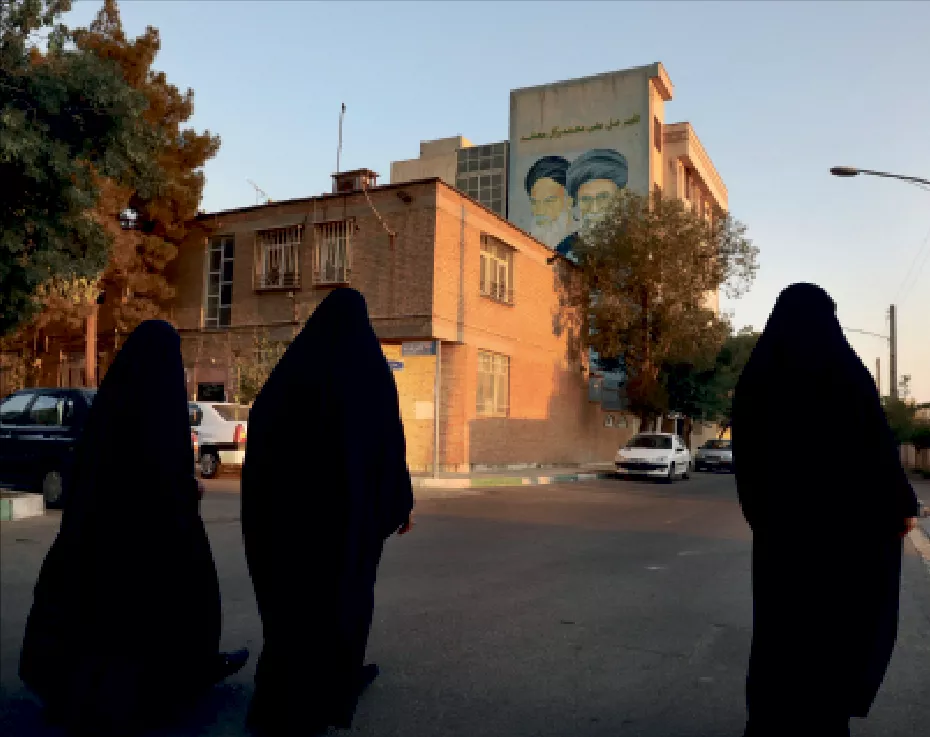
AS WE approach the period in which the budgets are set and workers’ wages determined for the Iranian calendar year 1403 (2024-25), the situation for nurses in Iran is grim.
While the budget for the Islamic Republic of Iran Broadcasting (IRIB) has increased by 43 per cent, there is apparently no budget for the payment of decent and proper nurses’ salaries.
Despite the governing regime’s opposition to increasing the national minimum wage in line with the rate of inflation on February 1 along with the labour minister’s attack on the workers’ movement and his insistence that wage levels would be set regionally — rather than a national minimum wage — on February 2, the widespread and almost daily protests of workers in Iran continue.
More from this author
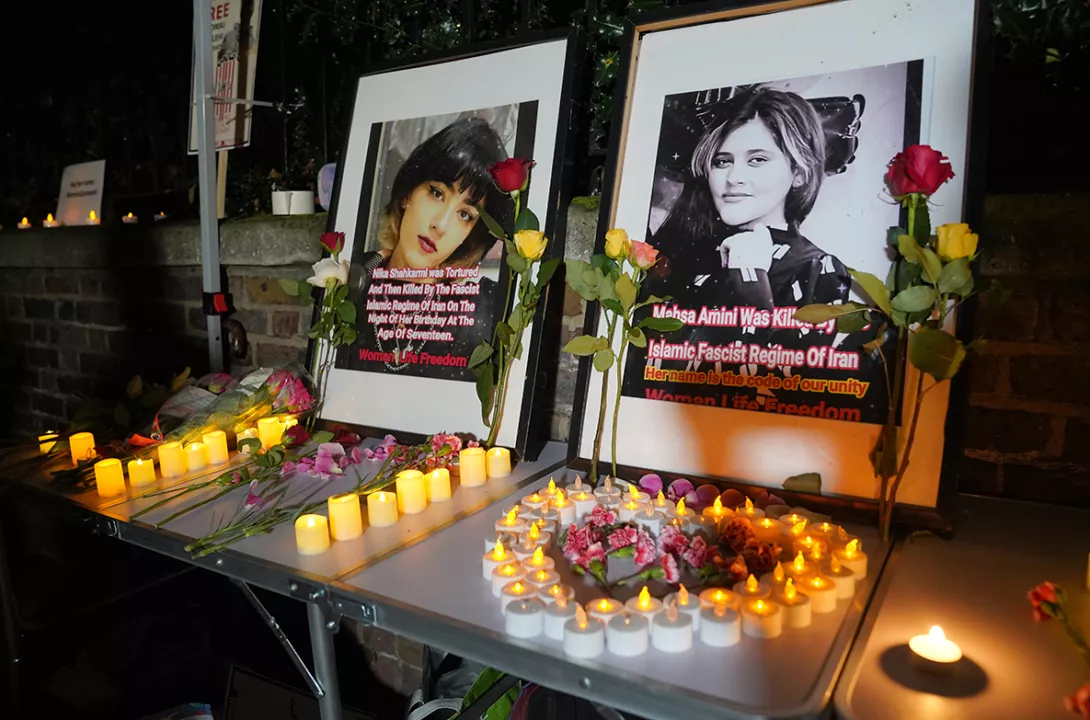
Activists who are carrying forward the democratic struggle of the Iranian people for peace, human rights and social progress need our urgent solidarity, says JAMSHID AHMADI
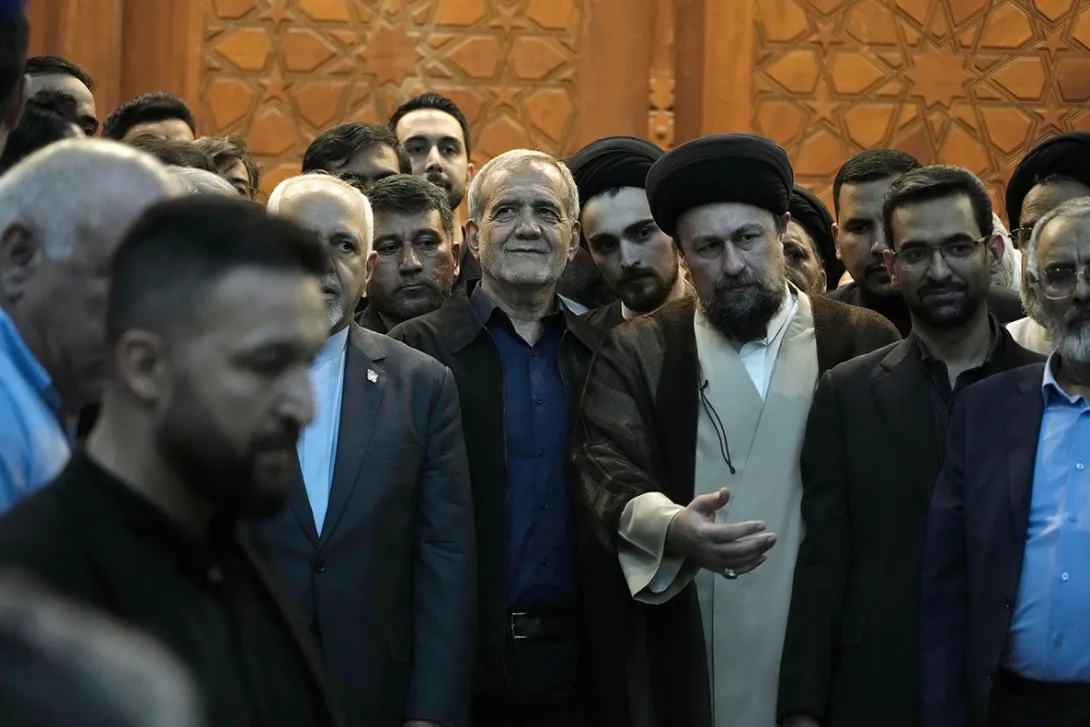
As a new president takes office amid a suspiciously low turnout, the regime’s grip on power grows ever more tenuous as the crises and rebellions become more regular, writes JAMSHID AHMADI
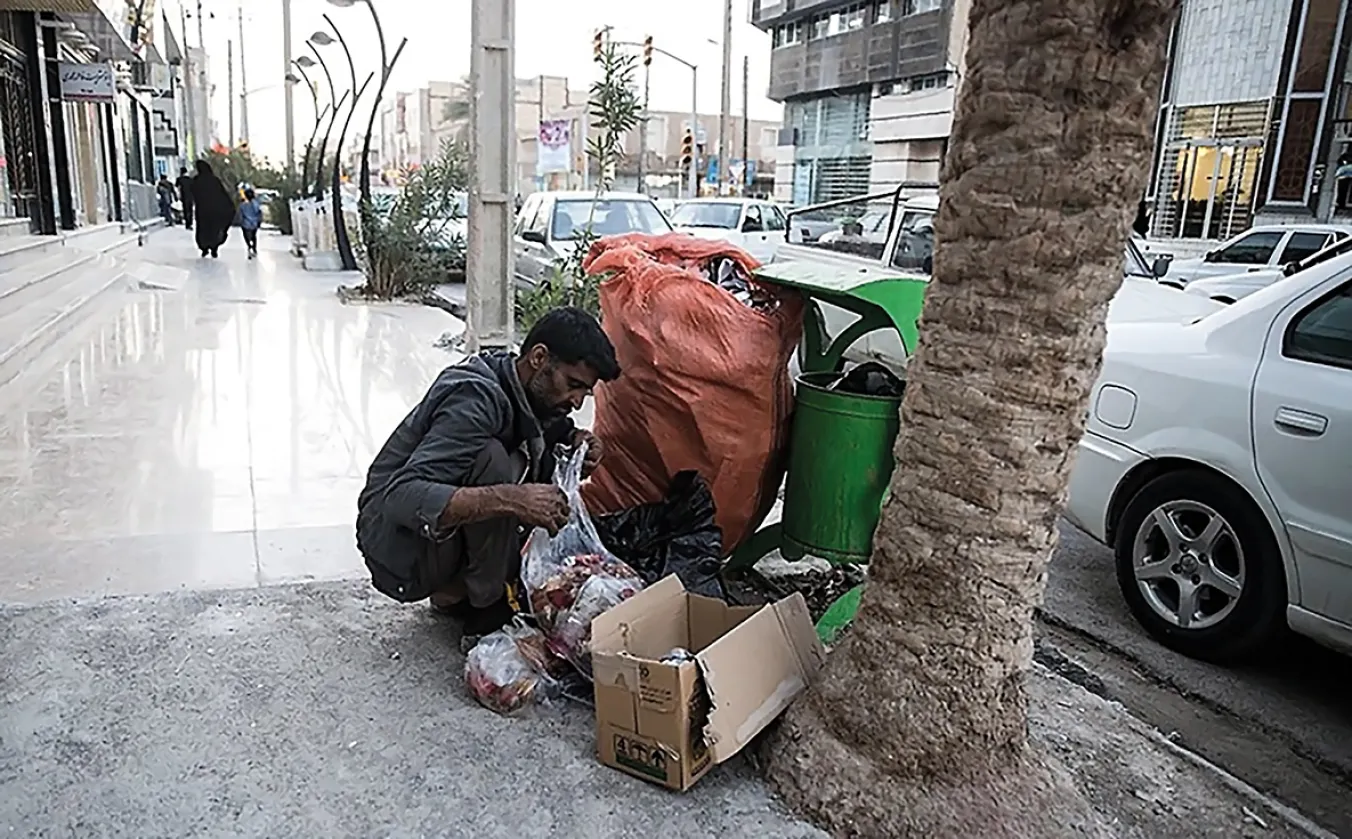
Despite pledges from the late president that absolute poverty would be eradicated by 2022, the reality is that Iran’s commitment to neoliberalism has seen working people plunged ever-deeper into misery, says JAMSHID AHMADI
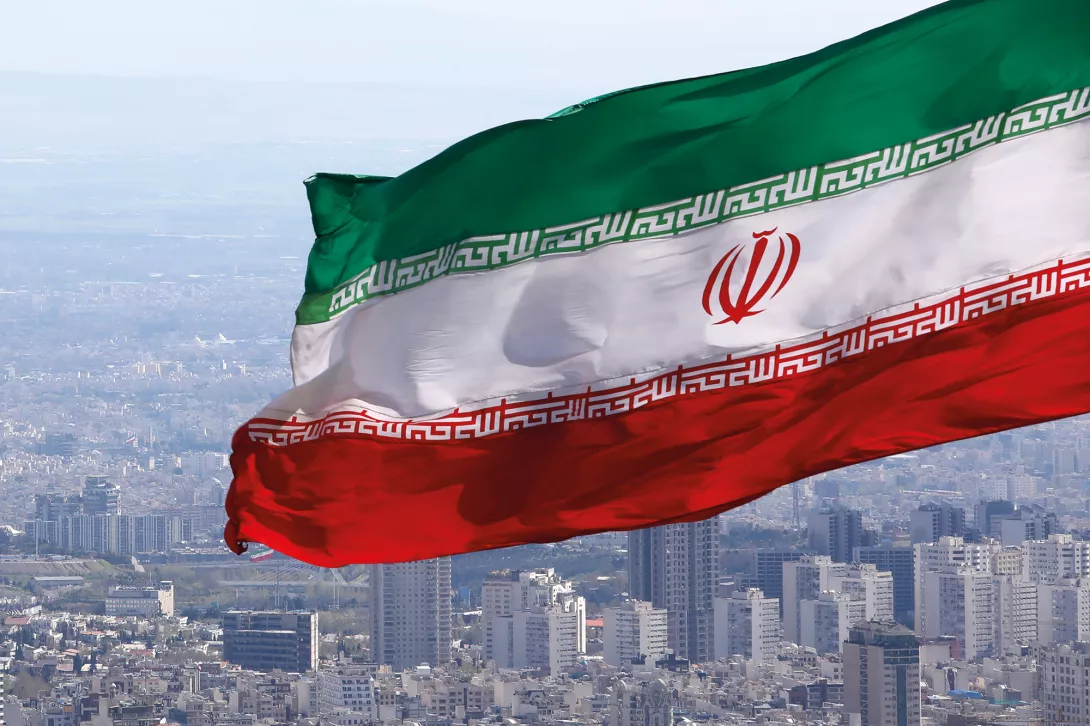
Human rights advocates have called for an international outcry against the wave of arrests taking place in Iran, explains JAMSHID AHMADI
Similar stories
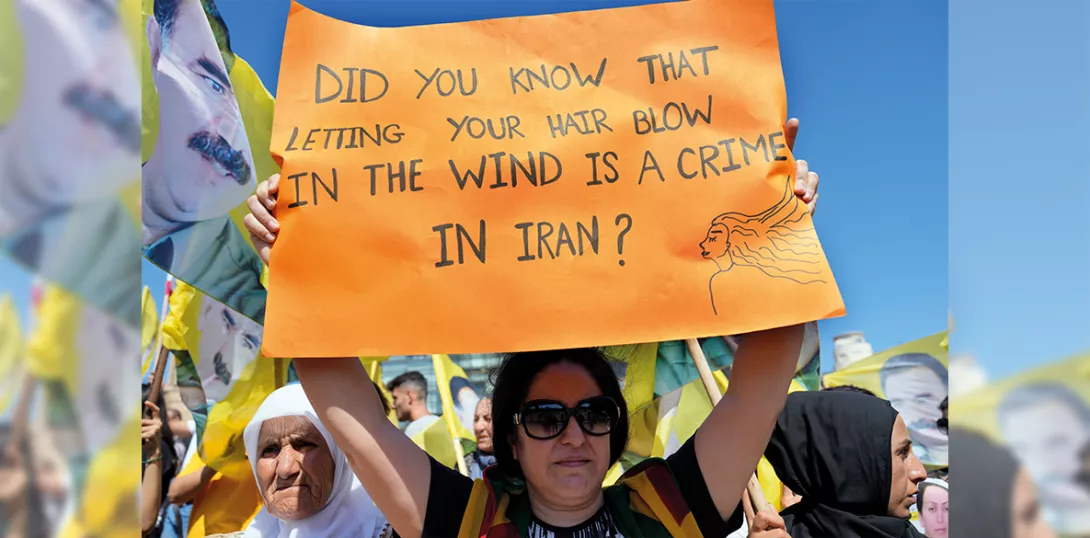
Iran’s women’s rights movement now joins widespread unrest, as pensioners, steelworkers and students unite against corruption, repression and economic mismanagement by the theocratic regime, writes STEVE BISHOP

Activists who are carrying forward the democratic struggle of the Iranian people for peace, human rights and social progress need our urgent solidarity, says JAMSHID AHMADI

Despite pledges from the late president that absolute poverty would be eradicated by 2022, the reality is that Iran’s commitment to neoliberalism has seen working people plunged ever-deeper into misery, says JAMSHID AHMADI









